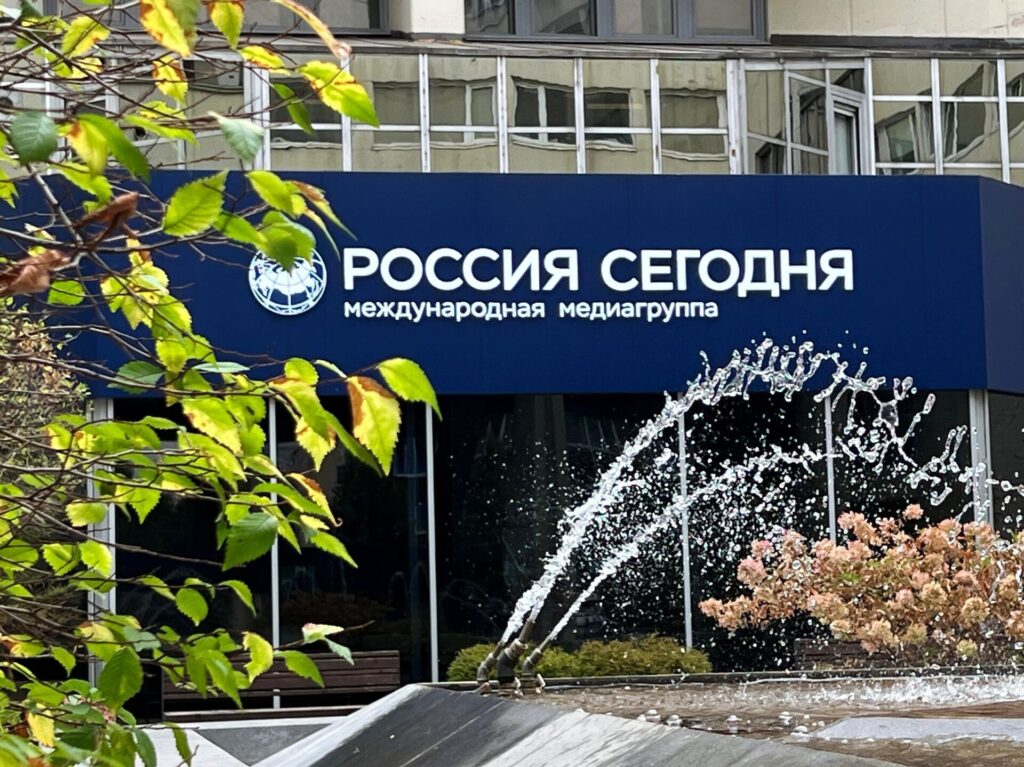MENLO PARK, Calif. – Meta, the parent company of Facebook, Instagram, and WhatsApp, announced late Monday it will ban Russian state media organizations from its platforms globally, alleging these outlets employed deceptive tactics to amplify Moscow’s propaganda. The move drew swift condemnation from the Kremlin on Tuesday.

Meta’s decision, set to be implemented over the coming days, marks an escalation in the company’s efforts to counter Russia’s covert influence operations. “After careful consideration, we expanded our ongoing enforcement against Russian state media outlets: Rossiya Segodnya, RT and other related entities are now banned from our apps globally for foreign interference activity,” Meta said in a statement.
Kremlin spokesman Dmitry Peskov denounced the action, calling it “unacceptable” and accusing Meta of discrediting itself. “We have an extremely negative attitude towards this. And this, of course, complicates the prospects for normalizing our relations with Meta,” Peskov told reporters during his daily conference call.

The ban follows recent U.S. sanctions against RT, which American officials accused of being a key component in Russia’s war machine and its efforts to undermine democratic adversaries. U.S. authorities alleged RT was collaborating with the Russian military and conducting fundraising campaigns for equipment used by soldiers in Ukraine.
Earlier this month, the Biden administration seized Kremlin-run websites and charged two RT employees with covertly funneling millions of dollars to a Tennessee-based content creation company to produce English-language social media videos promoting pro-Kremlin messages. Moscow has consistently denied these allegations.
This action by Meta builds on its previous efforts to limit Russian online influence. In 2022, the company dismantled a large-scale disinformation network originating from Russia that utilized hundreds of fake social media accounts and dozens of sham news websites to disseminate Kremlin talking points about the invasion of Ukraine.

Russian authorities designated Meta as an extremist group in March 2022, shortly after the invasion of Ukraine began, blocking access to Facebook and Instagram within the country. These platforms, along with X (formerly Twitter), were popular among Russians before the invasion and subsequent crackdown on independent media. They are now only accessible through virtual private networks.
In a related development, a Russian court convicted Meta communications director Andy Stone in absentia in April, sentencing him to six years in prison for allegedly justifying terrorism. The charges stemmed from Stone’s 2022 announcement of temporary changes to Meta’s hate speech policy in the wake of Russia’s invasion of Ukraine.
Meta’s latest move underscores the ongoing tensions between major tech companies and state actors in the realm of information warfare and online influence campaigns.



